- Home
- slideshows
- miscellaneous
- Facebook just had an absolutely wild rollercoaster of a week. Here's everything that happened.
Facebook just had an absolutely wild rollercoaster of a week. Here's everything that happened.
The Department of Justice announced a broad antitrust investigation into "big tech."

The Federal Trade Commission finally hit Facebook with a record-breaking $5 billion penalty.
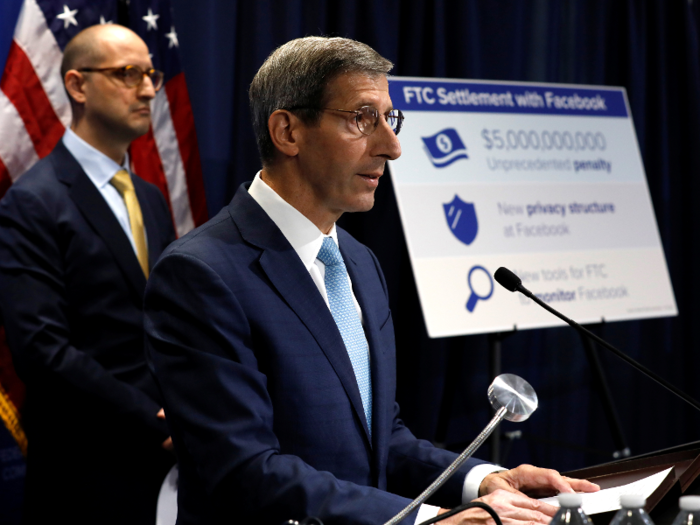
Facebook first alerted the public to the fact it was expecting a multi-billion FTC settlement during its first-quarter earnings call in April.
The record-breaking deal, which was formally announced on Wednesday, was the result of the Cambridge Analytica scandal. Specifically, Facebook was found to be in violation of a 2012 agreement with the FTC not to hand user data over to third-parties.
"The $5 billion penalty against Facebook is the largest ever imposed on any company for violating consumers' privacy and almost 20 times greater than the largest privacy or data security penalty ever imposed worldwide," the FTC said in a press statement.
On top of the settlement, the FTC also imposed new rules on Facebook.
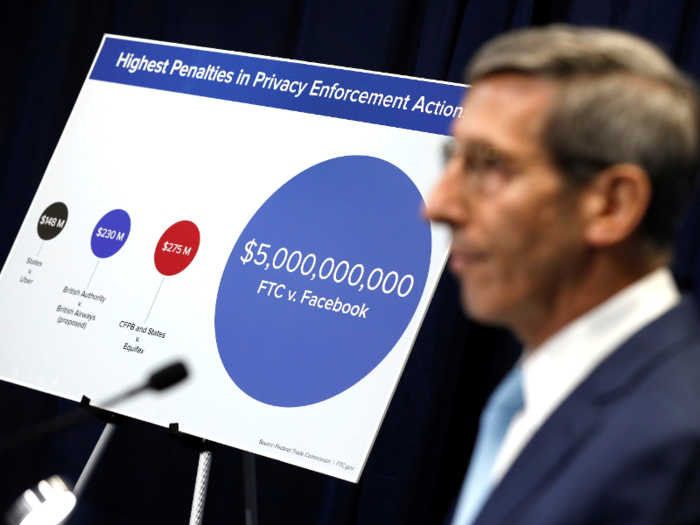
Part of the settlement with the FTC means Facebook will have to re-jig its board of directors to include an independent privacy committee. The FTC said in its statement that the thinking behind this was to reduce the "unfettered control" CEO Mark Zuckerberg has over user privacy.
"The magnitude of the $5 billion penalty and sweeping conduct relief are unprecedented in the history of the FTC. The relief is designed not only to punish future violations but, more importantly, to change Facebook's entire privacy culture to decrease the likelihood of continued violations," said FTC Chairman Joe Simons.
The FTC also included a list of six new privacy requirements it's imposing on Facebook. These include increased oversight of third-party apps and encrypting user passwords. You can read the full list here.
The DOJ is suing Facebook.
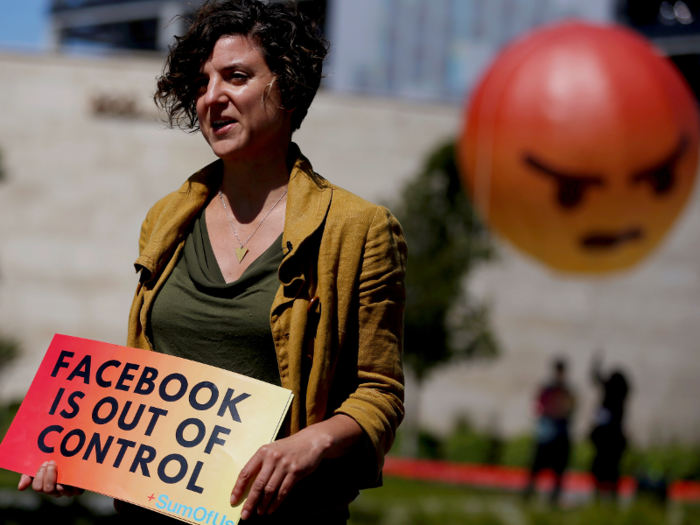
On top of its investigation, the FTC announced the DOJ was filing its own lawsuit against the social media giant for having "repeatedly used deceptive disclosures and settings to undermine users' privacy."
These alleged practices include Facebook failing to screen third-party apps adequately, surreptitiously handing over users' telephone numbers to advertisers when they'd originally been given for security purposes, and automatically opting some users into facial recognition.
For some FTC commissioners, the penalty didn't go far enough.
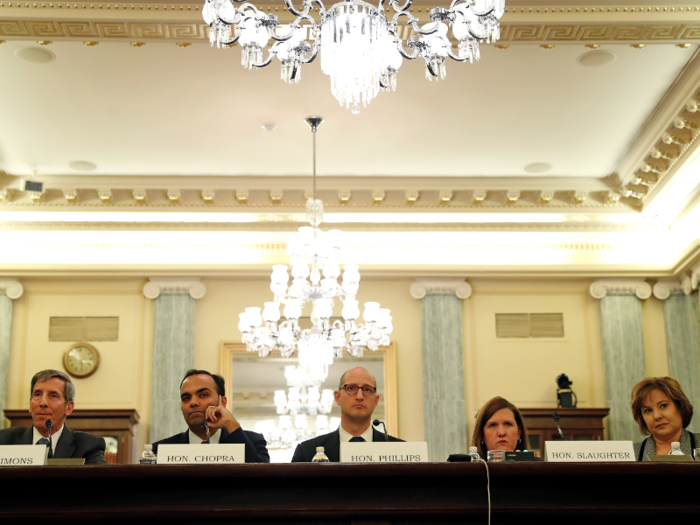
FTC members and Rohit Chopra and Rebecca Kelly Slaughter voiced their disappointment with the Commission's settlement.
"While it is difficult in this case to quantify the economic value of the violations to the company, there is good reason to believe $5 billion is a substantial undervaluation," Slaughter wrote in a statement to CNBC. She added that she would have preferred to see Zuckerberg take more personal liability.
"I disagree with the decision to omit him now, and I strenuously object to the choice to release him and all other executives from any potential liability for their roles to date," she said.
Chopra said he wanted the investigation to push further, in an interview with CNBC. "I wanted to investigate further, really uncover what was on the executives' and the directors' minds, who was calling the shots, what was their motives," he said.
Later that day, Facebook announced the FTC had launched an antitrust probe.
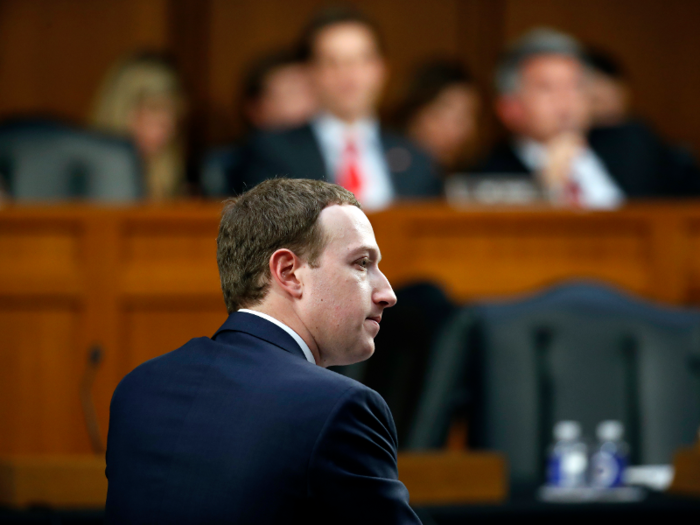
But the FTC wasn't done with Facebook for the day.
During its second-quarter earnings call, Facebook disclosed that the FTC had launched an antitrust investigation into its business, separate from the privacy penalty.
Facebook said the FTC started the probe in June, but gave no further details. A source familiar with the matter told Bloomberg the investigation would focus on Facebook's core social media business, and the New York Times reported that the agency had been in touch with Facebook cofounder Chris Hughes. Hughes has been a vocal critic of Facebook, calling for it to be broken up.
The Wall Street Journal reported in June that the FTC would be responsible for any antitrust probe into Facebook should one be launched, but Wednesday was the first official news on the subject.
The Securities and Exchange Commission also issued Facebook with a $100 million fine. On the same day.
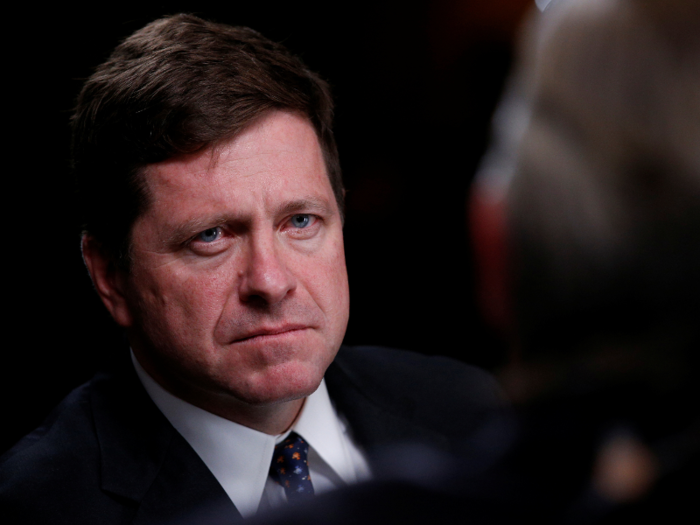
The SEC was the third agency to weigh in on Wednesday with a relatively manageable fine of $100 million.
This was another knock-on effect of the Cambridge Analytica scandal, as the SEC found Facebook had not done enough to alert investors to the fact that users' data had been improperly scraped.
"For more than two years, Facebook's public disclosures presented the risk of misuse of user data as merely hypothetical when Facebook knew that a third-party developer had actually misused Facebook user data," the SEC said in a press release.
The storm of US regulatory activity means Facebook will be under the microscope once again in the UK.
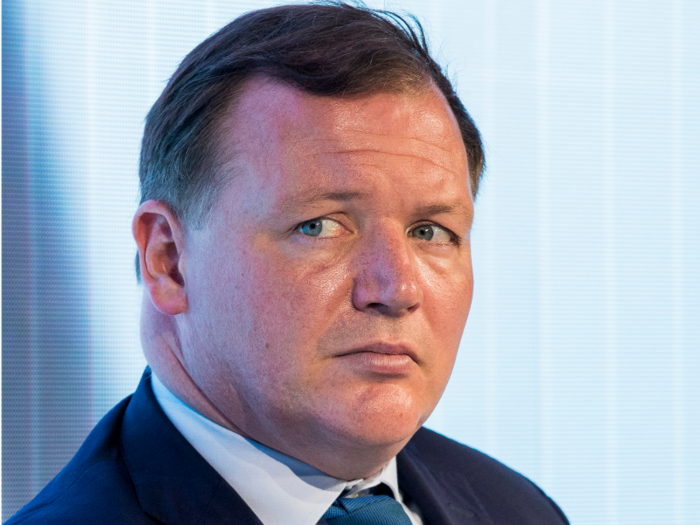
Jason Kint, CEO of digital trade association Digital Content Next, tweeted highlighting a part of the SEC's documents which states researcher Aleksandr Kogan admitted to Facebook in June 2016 that he had sold user data to Cambridge Analytica.
Lawmaker Damian Collins, chair of the UK's Digital, Media, Culture, and Sport Committee, which has grilled Facebook executives in the past, tweeted that it would write to Facebook about the detail next week.
We plan to write to @facebook about this next week. @DamianCollins https://t.co/LepVontRcd
— Digital, Culture, Media and Sport Committee (@CommonsCMS) July 25, 2019Despite all this, Facebook had a good week.
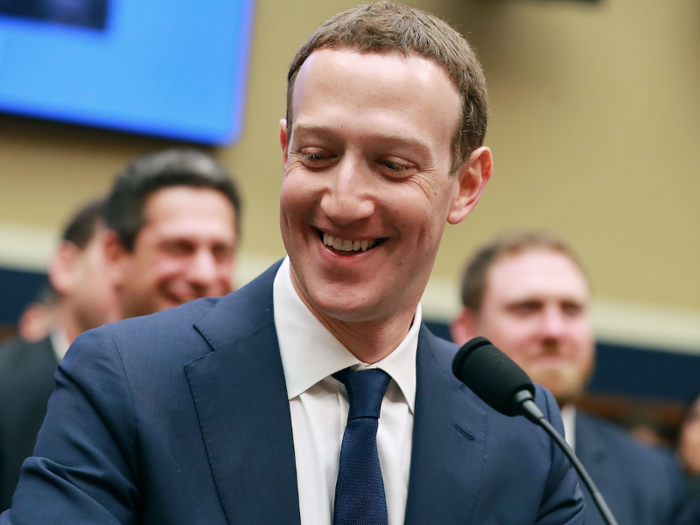
Facebook unveiled strong second-quarter results after the fine actually hit on Wednesday, sending its stock soaring 5%. Users and revenue increased between April and June.
Wall Street analysts were pretty positive about Facebook's Q2 despite all the headwinds. They pointed to continued growth, Facebook's ability to predict and shape regulation, and its ingenuity in offsetting declines in the core Facebook app with new services and formats.
Popular Right Now
Popular Keywords
Advertisement